José Belizán
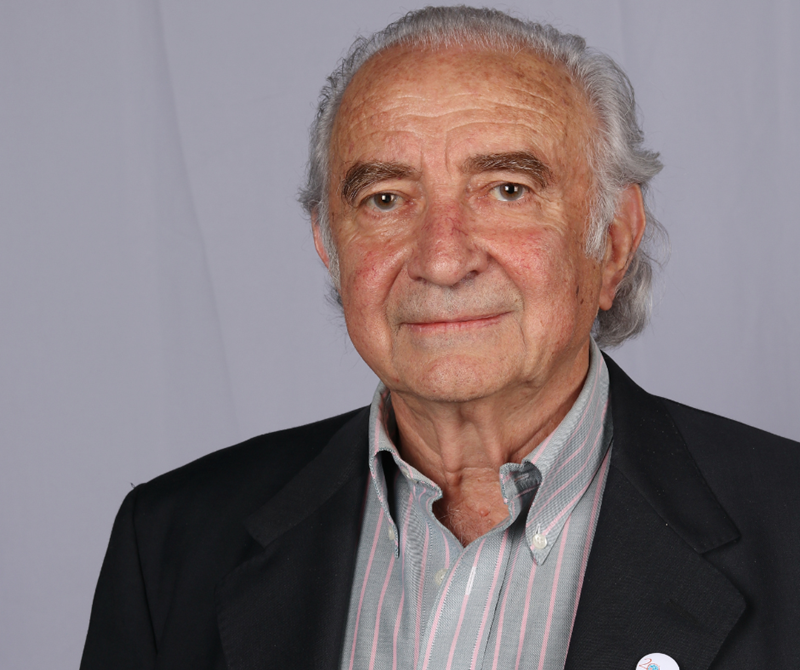
José Belizán is an obstetrician, doctor in Biology of Reproduction from Salvador University (Buenos Aires) and doctor in Medicine from Rosario University. He currently works as principal investigator in the Department of Research in Maternal and Child Health, Institute for Clinical Effectiveness in Argentina. He is an associate professor at Tulane University and the University of North Carolina at Chapel Hill (USA) and Senior Researcher at the National Council for Scientific and Technical Research of Argentina (CONICET). More than 270 publications indexed in Pubmed, including in high-impact journals such as The New England Journal of Medicine, Lancet, British Medical Journal, JAMA, among others. In Scopus it has an h-index of 60 and more than 11000 citations. In Google Scholar an h-index of 77 and more than 28,000 citations.
Editor-in-chief of the journal Reproductive Health and is a consulting editor for The Lancet. He has been part of the editorial board of more than 16 scientific journals and reviewer in more than 66 instances between scientific journals and international organizations. He was an associate professor at the Faculty of Medicine, University of Rosario; researcher at the Hospital 20 of November, in Mexico City; scientist at the Institute of Nutrition of Central America and Panama (INCAP), PAHO in Guatemala City. He was founder and director of the Rosario Center for Perinatal Studies (CREP) and director of the Latin American Center for Perinatology and Human Development (CLAP) of PAHO / WHO. He directed the Fogarty / NIH Center in Argentina.
The WORK:
Dr. José Belizán is a trailblazer in the field of maternal and child health research in Latin America and internationally, focused on the perinatal period and its relevance to community health and the life cycle. His work spans basic research to international clinical studies, demonstrating the full cycle of scientific effort and leading to innovative, evidence-based and low-cost interventions. These interventions promote equity by improving maternal and child health in vulnerable populations. Through his work within these communities, he educates and empowers pregnant people, and witnesses real life health problems, which informs his outstanding scientific contributions.
Dr. Belizán discovered the connection between calcium intake and a decrease in the risk of hypertensive disorders of pregnancy (HDP) by observing Guatemalan Mayan women, where the prevalence of HDP was low, and their traditional cooking methods. Taking his observations further, he led numerous animal and human studies to confirm the association and basic studies to explain the mechanisms. He then planned and implemented international clinical trials in underdeveloped and developed country settings, which led to policy formulations at the highest international level and grassroots efforts to improve adherence to these guidelines.
This is just one of many examples of his extensive and comprehensive work to improve the wellbeing and care of people during pregnancy and interventions to reduce severe maternal morbidity and mortality. Dr. Belizán was the first to document, as well as design, test and implement landmark interventions addressing the issue of unnecessary increased use of Caesarean section. This is a complex and multifactorial challenge affecting not only high-income but also low- and middle-income countries, where associated risks can extend many years beyond delivery and are higher in those with limited access to comprehensive obstetric care. His research has also led to the decrease in unnecessary routine episiotomy worldwide, including in Canada and the US.
The IMPACT:
Dr. Belizán has undoubtedly improved maternal and childbirth outcomes and made a difference in the lives of pregnant people and their children. His discovery of the importance of calcium intake alone has significant potential as three billion people lack access to adequate calcium intake worldwide. Reaching the scientific community, health systems decision-makers, international organizations, practitioners, health-care providers and local communities, he has overturned practices, introduced more effective and equitable practices, and spearheaded global policies that will contribute to more equitable societies. His work has informed various World Health Organization recommendations, which have been adopted by many countries around the world. Dr. Belizán goes above and beyond, ensuring that these best practices are known and used at the community level.
As an international expert, Belizán’s innovation and rigorous research from basic science to implementation has had a profound impact on global health and motivated researchers’ careers and actions worldwide over the last five decades. His work has sparked and will continue to lead to important developments in this sector as he demonstrates the importance of representation from low- and middle-income countries in global health research.

.tmb-cfthumb_fb.jpg?Culture=en&sfvrsn=56753e71_1)
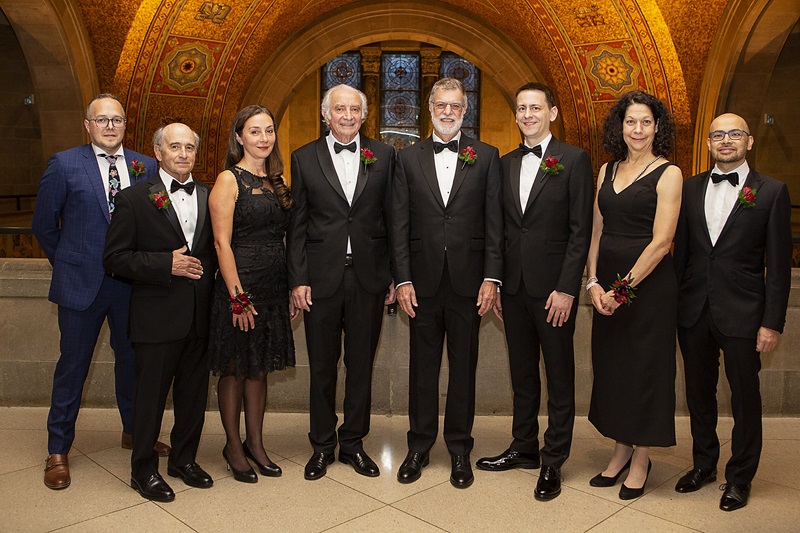
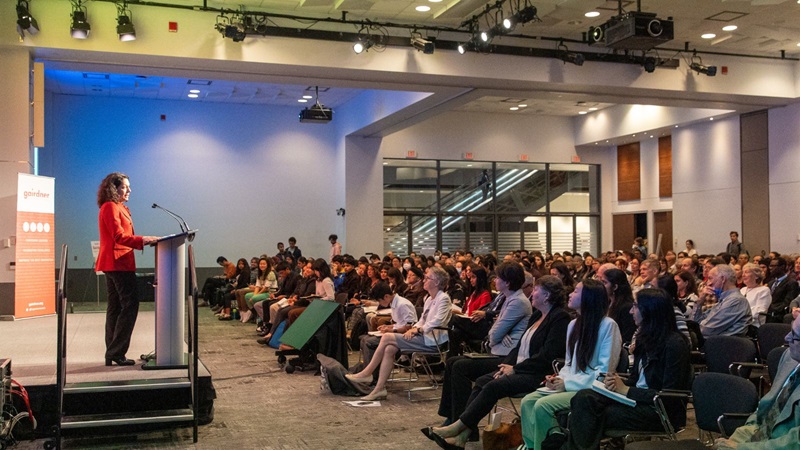
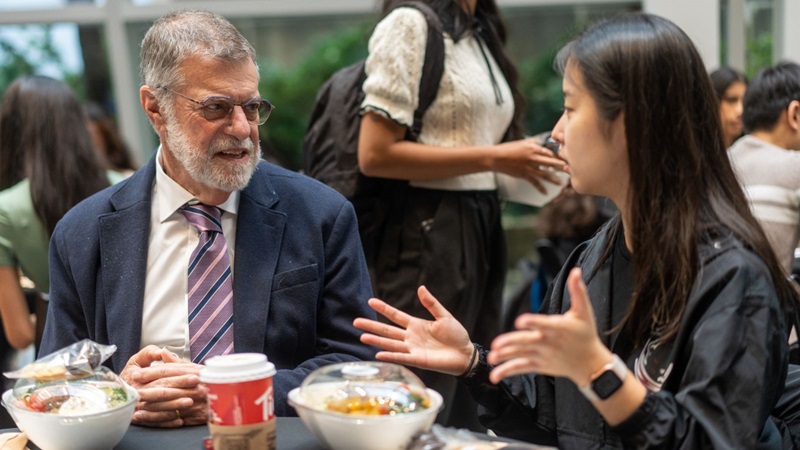
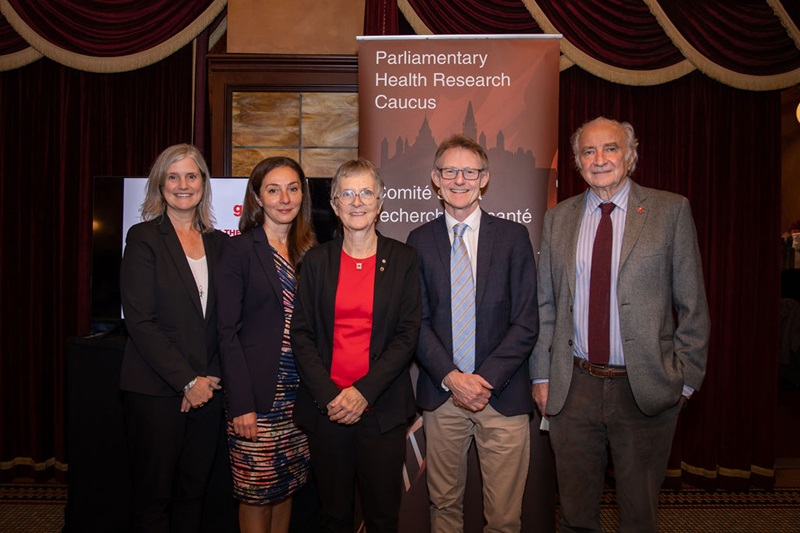
.tmb-cfthumb_fb.png?Culture=en&sfvrsn=eb7be111_1)
.tmb-cfthumb_fb.png?Culture=en&sfvrsn=3f3e85a0_1)
.tmb-cfthumb_fb.png?Culture=en&sfvrsn=97931f40_1)
8f5aefbf-f29d-44d1-b013-be4d15b185fe.tmb-cfthumb_fb.jpg?Culture=en&sfvrsn=80f30158_1)

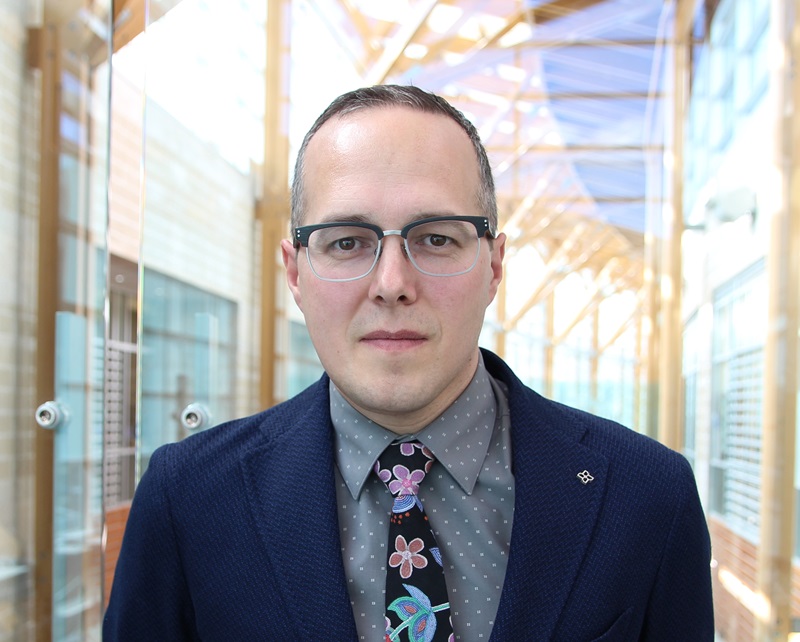


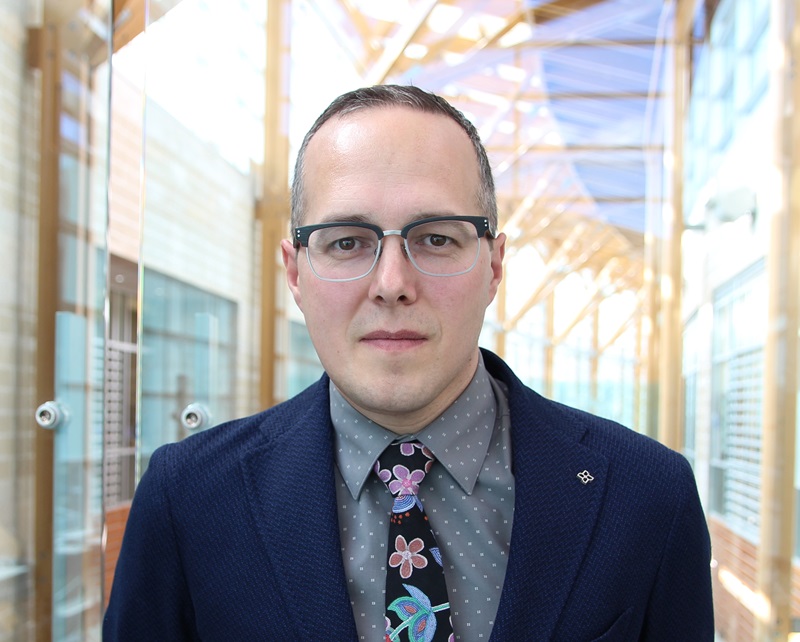

.tmb-cfthumb_fb.jpg?Culture=en&sfvrsn=5e02c31b_1)
